Welcome to my aquarium water guide! In this section, we will explore the importance of maintaining the ideal pH levels for discus fish in an aquarium. As an aquarium owner, it’s crucial to understand that pH plays a significant role in the overall health and well-being of discus fish, and meeting their pH requirements is essential for their care.
Discus fish originate from the Amazon River basin, where the water is slightly acidic and soft. Maintaining a pH range of 6.0 to 7.0 is crucial for their health and reproductive success. In the following sections, we will delve deeper into the specific pH requirements of discus fish and explore the significance of pH in their care, reproduction, and overall well-being.
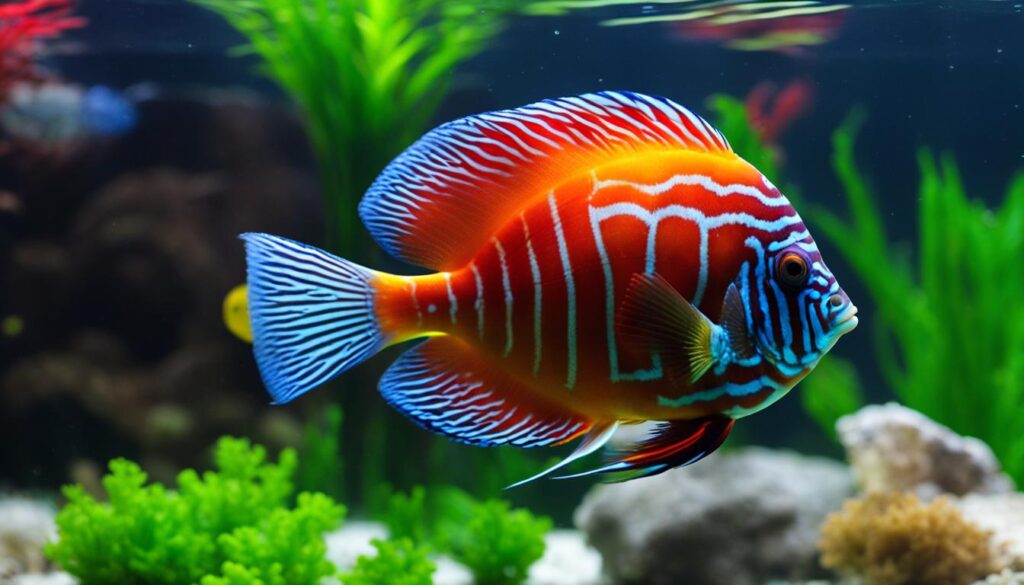
Table of Contents
Key Takeaways:
- pH plays a crucial role in the overall health and well-being of discus fish
- Discus fish thrive in pH levels ranging from 6.0 to 7.0
- Maintaining the ideal pH is essential for the ability of discus fish to absorb essential nutrients and their immune system, metabolism, and overall stress levels
- Consistency is key in maintaining pH levels for discus fish
- Understanding water chemistry and regularly monitoring water parameters will help ensure optimal pH conditions for discus fish
Understanding Discus Fish pH Requirements
As mentioned in the previous section, discus fish thrive in a specific pH range. Their native habitat, the Amazon River basin, has soft and slightly acidic water, with pH levels ranging from 6.0 to 7.0.
To ensure the health and well-being of your discus fish, it is crucial to maintain the optimal pH range in your aquarium. The ideal pH for discus fish is not just essential for their overall health, but it also plays a crucial role in their reproductive success.
Discus fish are sensitive to even minor fluctuations in pH levels. Therefore, it’s crucial to pay attention to the pH balance in your aquarium. Keeping pH levels consistent within the optimal range is vital to maintain the health of your discus fish.
To meet their specific pH requirements, discus fish need water that is moderately soft (4 to 8 GH) and slightly acidic (6.0 to 7.0 pH). When these requirements are met, discus fish are more relaxed and active, and their colors appear brighter and more vivid.
Tip: Use high-quality water testing equipment regularly to monitor the pH levels in your aquarium and take corrective actions if necessary.
Being able to balance the pH levels in your aquarium is crucial to keeping your discus fish healthy and thriving. Let’s dive deeper into the different methods for balancing water pH levels for discus fish.
Importance of pH in Discus Fish Care
As a discus fish owner, maintaining the proper pH level in your aquarium is crucial for the overall health and well-being of your fish. The pH level of the water affects the ability of your discus fish to absorb essential nutrients, such as minerals and trace elements. Without the necessary nutrients, they may become unhealthy and susceptible to disease.
Furthermore, pH affects the immune system and metabolism of your discus fish. Poor pH levels can lead to stress, which can weaken their immune system and cause them to be more susceptible to diseases. Consistently monitoring and maintaining the pH level in your aquarium is, therefore, essential.
It is important to note that discus fish are sensitive to changes in the pH level. Sudden changes in pH, even if they are within the acceptable range, can stress your fish and put their health at risk. Aim for a stable pH level at all times to promote a healthy environment for your fish.
Discus Fish and pH Levels
Discus fish are native to the Amazon River basin, where the water is typically soft and slightly acidic. They thrive in pH levels ranging from 6.0 to 7.0. To keep your fish happy and healthy, it is crucial to replicate these natural conditions as closely as possible.
Testing your aquarium’s pH level regularly is essential to maintaining a stable environment for your discus fish. Use a reliable pH testing kit to check the pH level, and make adjustments if necessary.
Optimal pH Level for Discus Fish
The optimal pH level for discus fish is between 6.0 and 7.0. Water that is too acidic or too alkaline can cause stress and health issues for your fish, weakening their immune system and making them more susceptible to disease. Maintaining the optimal pH level can help to prevent these problems and promote a healthy and thriving aquarium environment.
“The pH level of your aquarium water can significantly impact your discus fish’s health and well-being. Always monitor and adjust the pH level to ensure your fish can thrive in a stable environment.”
Balancing pH for Discus Fish
As we have discussed earlier, maintaining the ideal pH range for discus fish is crucial for their overall health and well-being. Balancing the aquarium water’s pH is a delicate task that requires careful monitoring and adjustment of water parameters to achieve the optimal range for discus fish.
Factors such as filtration, water changes, and the use of pH buffers can help to balance the pH levels in the aquarium. Regular water changes help to dilute the acidic or alkaline compounds present in the water, while using a good filtration system ensures that contaminants are efficiently removed from the tank.
Another way to balance the pH of the water is by using pH buffers. pH buffers are chemical compounds that help to regulate the pH levels of the water. pH buffers come in different forms, including liquids, powders, and tablets, which can be added to the water to adjust the pH levels. It is crucial to select the right pH buffer that is safe for discus fish and to follow the manufacturer’s instructions to avoid harming the fish.
Note: When using any pH buffers, it is essential to monitor the pH levels of the water regularly, as overdosing can lead to sudden changes in pH levels, resulting in stress and harm to your discus fish.
Below is a table that summarizes some of the methods used to balance the pH levels in the aquarium:
Methods for Balancing pH in Aquarium Water
| Method | Description |
|---|---|
| Filtration | A good filtration system helps to remove harmful compounds from the water, thus balancing the pH levels. |
| Water Changes | Regular water changes help to dilute the acidic or alkaline compounds present in the water, thus maintaining the desired pH levels. |
| pH Buffers | pH buffers are chemical compounds that help to regulate the pH levels in the water. They come in different forms and can be added to the water to adjust pH levels. |
Implementing these methods can help to maintain the right pH balance for your discus fish, ensuring their overall health and well-being.
Optimal Water pH for Discus Fish
Discus fish require a specific pH level in their aquarium water to thrive. Maintaining the ideal pH of 6.0 to 7.0 is crucial for their overall health and well-being. Water that is too acidic or alkaline can cause stress and health issues, leading to a weakened immune system and increased susceptibility to diseases.
It is essential to monitor the pH levels in the aquarium regularly, using proper testing methods, and make any necessary adjustments to maintain the optimal pH levels. Keeping the pH consistent is critical, as fluctuating pH levels can cause stress and affect their overall health.
There are several methods for achieving the ideal pH balance, such as using pH buffers, water changes, and filtration systems. Providing a stable and suitable habitat is crucial to ensure that your discus fish thrive in their environment.
Remember, too, that water chemistry is an essential aspect of good discus care. Monitoring the pH levels, as well as other water parameters like hardness and alkalinity, is necessary for your discus fish to thrive. Proper pH management is just one of the many factors involved in creating a healthy and thriving aquarium for your discus fish. By understanding their pH requirements and providing optimal conditions, your discus fish will be healthy and happy for years to come.
Maintaining pH for Discus Fish
As a responsible discus fish owner, maintaining optimal pH levels in your aquarium is crucial for the health and well-being of your fish. Fluctuating pH levels can cause significant stress and affect their overall health, which is why consistency is key. The following tips will help ensure that you maintain stable pH levels for your discus fish.
Regular Water Testing
The first step in maintaining a stable pH level is regularly testing your aquarium water. Use a reliable water testing kit to measure the pH level and ensure it falls between the ideal range of 6.0 and 7.0 for discus fish. Testing the water weekly is recommended, but you may need to test more frequently during times of heavy feeding or when adding new fish to the aquarium.
Adjusting pH Levels
If your pH levels are outside the recommended range, you’ll need to adjust them to maintain stable conditions for your fish. A common way to adjust pH levels is by using pH buffers, which are available in liquid or powder form. However, it’s essential to use them with caution and follow the instructions carefully as adding too much can swing the pH levels too far in the opposite direction.
Proper Aquarium Maintenance
Proper aquarium maintenance is crucial for balancing pH levels in your tank. Regular water changes of around 25% every two weeks can help reduce acidity levels if your water tests show that pH levels are too low. It’s also essential to clean gravel and the filter media during water changes to prevent waste buildup that can contribute to poor water quality.
It’s important to note that sudden water changes can also cause pH fluctuations, leading to stress and potential health issues for your discus fish. Gradual pH adjustments and slow water changes are the safest way to maintain stable pH levels in the tank.
Maintaining optimal pH levels for discus fish is crucial for their overall health and well-being. By regularly testing the water, adjusting pH levels, and conducting proper aquarium maintenance, you can create a stable environment for your discus fish to thrive.
The Role of pH in Discus Fish Reproduction
Maintaining the ideal pH levels is critical when it comes to breeding discus fish. Fluctuations in pH can significantly impact their ability to spawn, hatch eggs, and successfully raise fry.
Discus fish prefer soft, slightly acidic water with a pH ranging from 6.0 to 7.0. To support successful breeding, it is essential to maintain a stable pH within this range. Rapid changes in pH levels can cause stress and negatively affect the breeding process.
To create an optimal breeding environment, consider a separate breeding tank with a pH monitoring system. In addition, ensure that the water temperature, nutrient levels, and lighting are suitable for discus fish reproduction. Proper nutrition and a calm, stress-free environment can also support successful breeding.
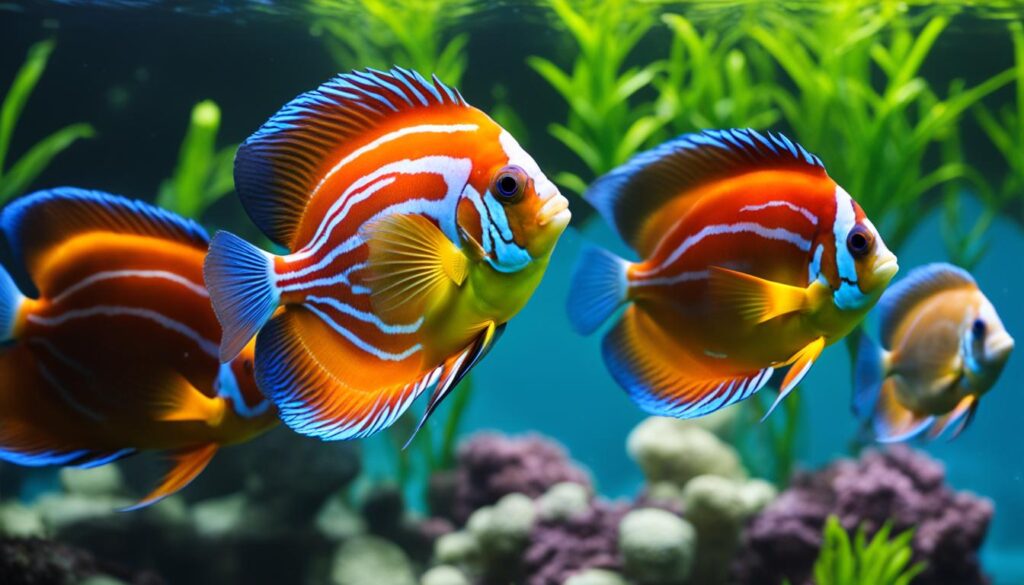
Creating a thriving breeding environment for discus fish can be challenging. However, with patience and proper pH management, you can increase the chances of successful reproduction and healthy fry. If you are having trouble maintaining the ideal pH levels for your discus fish, consult with an expert for additional tips and guidance.
Common pH Issues and Troubleshooting
As a discus fish owner, you may encounter common pH issues that can affect the health and well-being of your fish. One of the most common issues is pH fluctuations, which can be caused by various factors, including improper maintenance, overfeeding, or adding new fish to the aquarium.
Another common issue is excessively acidic or alkaline water. This can occur due to fluctuations in water hardness, the presence of minerals or chemicals, or poor filtration.
To troubleshoot these issues, it’s important to understand the underlying causes and implement measures to restore a stable pH balance. Here are some tips:
1. Monitor pH levels regularly
Testing the pH of the aquarium water regularly is essential for identifying any fluctuations or imbalances. Use a reliable pH testing kit and follow the instructions carefully. Aim for a pH range of 6.0-7.0 for optimum discus fish health.
2. Adjust pH levels gradually
If the pH is too high or low, avoid making sudden adjustments that can further stress the fish. Instead, adjust the levels gradually over a few days or weeks until the desired range is achieved.
3. Maintain proper filtration
Proper filtration is vital for maintaining a stable pH in the aquarium. Ensure the filter is functioning correctly and clean it regularly to prevent the accumulation of debris and waste.
4. Avoid overfeeding
Overfeeding can lead to excessive waste and an increased risk of pH imbalances. Feed your discus fish only what they can consume within a few minutes, and remove any uneaten food promptly.
5. Use pH buffers
If necessary, use pH buffers to adjust the pH levels in the aquarium. However, be cautious, as buffers can cause sudden changes in the pH, which can harm the fish.
By taking these preventative measures, you can troubleshoot common pH issues and maintain a stable pH for your discus fish, promoting their health and longevity.
Water Chemistry and pH Testing
As a responsible discus fish owner, understanding the water chemistry and pH testing is crucial for maintaining optimal pH conditions for discus fish. Testing the pH of the aquarium water periodically is essential for the comfort and survival of your discus fish.
There are several testing kits available on the market for accurate pH testing of the aquarium water. These kits usually come with a test tube, testing reagents, and a color chart to compare the test results with. Follow the kit instructions carefully to get an accurate reading.
Hardness and alkalinity are other water parameters that play a significant role in maintaining optimal pH conditions for your discus fish. Hardness measures the amount of dissolved minerals such as calcium and magnesium in the water, while alkalinity measures the capacity of the water to neutralize acids.
It’s essential to monitor and maintain water hardness and alkalinity levels according to the needs of discus fish, as they can significantly impact pH levels. Utilizing water conditioners and buffers can help adjust these levels if needed, but it’s important to note that altering them too drastically can do more harm than good.
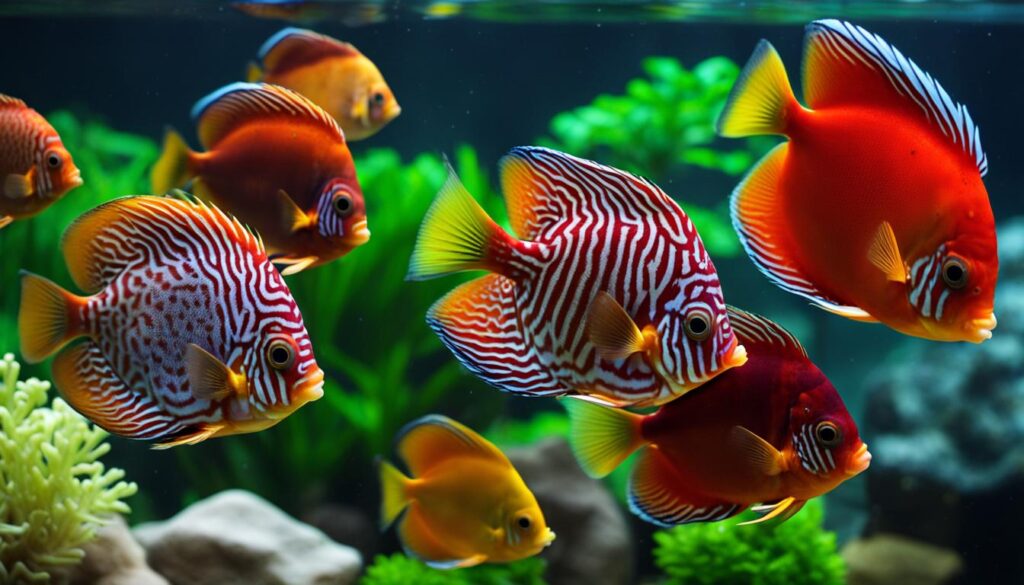
Overall, regular monitoring of water chemistry and pH testing is critical to ensure that your discus fish remain happy and healthy in their aquarium. By understanding these factors and taking necessary measures to maintain them, you can provide a stable and suitable habitat for your discus fish to thrive.
Maintaining a Healthy Discus Aquarium
Proper pH management is essential for maintaining a healthy discus aquarium, but it’s not the only factor to consider. Here are additional tips and best practices for keeping your discus fish happy and thriving:
Proper Nutrition
Discus fish require a varied diet that includes high-quality pellets, frozen or live foods, and fresh vegetables. Offer a mix of protein and plant-based foods to ensure a balanced diet and supplement with vitamins and minerals as needed. Avoid overfeeding to prevent excess waste and cloudy water.
Water Quality
In addition to pH, it’s crucial to maintain optimal water quality to prevent health issues and stress in discus fish. Regular water changes, proper filtration, and testing for other parameters such as ammonia, nitrite, and nitrate are essential. Use a high-quality water conditioner to remove chlorine, chloramine, and heavy metals from tap water.
Environmental Enrichment
Discus fish are intelligent and active, and they require a stimulating environment to thrive. Provide plenty of hiding places and visual barriers with decorations such as rocks, driftwood, and plants. Use appropriate lighting to mimic their natural habitat and create a day/night cycle.
Regular Maintenance
Consistent aquarium maintenance is vital for the health and well-being of discus fish. In addition to water changes and testing, perform regular checks on equipment such as heaters, filters, and air pumps. Remove excess waste and debris from the substrate and surfaces of the aquarium as needed.
Creating a Sustainable Environment
Discus fish are sensitive to changes in their environment, so it’s crucial to create a sustainable and stable habitat. Avoid sudden changes in temperature, lighting, or water chemistry, as these can cause stress and health problems. Regularly monitor pH and other water parameters to ensure a stable and consistent environment for your discus fish.
Conclusion
In conclusion, as a discus fish owner, I understand how crucial it is to maintain the ideal pH levels for their overall health and well-being. By learning about their pH requirements and implementing proper pH management techniques, I can create a thriving aquarium environment for my beloved discus fish.
Regularly testing the pH levels, making necessary adjustments, and providing a stable and suitable habitat are essential steps I should take to help my discus fish thrive. Additionally, it is crucial to monitor other water parameters such as hardness and alkalinity and ensure proper nutrition, water quality, and environmental enrichment.
Incorporating these best practices into my discus fish care routine will lead to happy, healthy fish and a beautiful aquarium to enjoy. Remember that discus fish are unique and require specific care, such as maintaining the proper pH levels. With the right knowledge and commitment, I can provide my discus fish with a happy and healthy home.
FAQ
What is the ideal pH range for discus fish?
The ideal pH range for discus fish is between 6.0 to 7.0. This pH range closely mimics their natural habitat in the Amazon River basin and promotes their overall health and well-being.
Why is understanding discus fish pH requirements important?
Understanding discus fish pH requirements is crucial because it allows you to create a suitable environment that closely resembles their natural habitat. Meeting their pH requirements helps to reduce stress, support their immune system, and promote breeding success.
How does pH impact discus fish care?
pH plays a significant role in discus fish care as it affects their ability to absorb essential nutrients, impacts their immune system, and influences their overall stress levels. Maintaining the optimal pH helps to ensure the well-being and longevity of your discus fish.
How can I balance pH for my discus fish?
Balancing the pH for discus fish can be achieved by monitoring water parameters, conducting regular water changes, using filtration systems, and employing pH buffers if necessary. These methods help to maintain a stable and suitable pH level for your discus fish.
What is the optimal water pH for discus fish?
The optimal water pH for discus fish is between 6.0 to 7.0. It is crucial to keep the pH within this range to promote their health, reduce stress, and prevent potential health issues caused by extreme acidity or alkalinity.
How can I maintain the pH levels for my discus fish?
Maintaining pH levels for discus fish requires regular water testing, adjusting pH levels when necessary, and practicing proper aquarium maintenance. Consistency is key to providing a stable environment that supports the well-being of your discus fish.
Why is pH important in discus fish reproduction?
pH is particularly important in discus fish reproduction because suboptimal pH conditions can impact their ability to spawn, hatch eggs, and raise fry successfully. Maintaining the ideal pH levels during the breeding process is crucial for a successful reproductive cycle.
What are common pH issues with discus fish and how can I troubleshoot them?
Common pH issues with discus fish include fluctuations, excessively acidic, or alkaline water. To troubleshoot these issues, it is essential to monitor water parameters regularly, make appropriate adjustments using pH buffers, and ensure proper filtration and water maintenance.
How do I test water chemistry and pH for discus fish?
Testing water chemistry and pH for discus fish can be done using various methods such as liquid test kits or electronic meters. It is important to monitor pH levels along with parameters such as hardness and alkalinity to ensure optimal water quality for your discus fish.
What additional tips can help me maintain a healthy discus aquarium?
In addition to pH management, maintaining a healthy discus aquarium involves providing proper nutrition, ensuring good water quality through filtration and regular water changes, and creating an enriched environment with suitable decor and hiding spots. These factors contribute to the overall well-being and happiness of your discus fish.
References
The International Discus Association (IDA)
The Discus World International (DWI)
The South American Cichlid Association (SACA)
The American Cichlid Association (ACA)
Please check the below articles if you are interested in other articles:
Master Breeding Techniques for Angelfish – A Guide for Hobbyists
Mastering Dwarf Puffer Fish Care: A Friendly Guide
Male or Female Betta? How to Tell – Your Ultimate Guide
Complete Guide to Plecostomus Tank Size: Tips and Advice
Simple Guide to Easy-to-Care-for Aquarium Plants
Discover the Diverse Corydoras Catfish Varieties- A Guide
Get to Know Various Types of Algae Eaters
Master Guide: Best Water Parameters for Goldfish Care 2023-24
Mastering Black Ghost Knife Fish Care: A Comprehensive Guide
Optimal pH Levels for Tropical Fish: Essential Aquarium Guide
Discovering Freshwater Snail Species: An In-depth Guide
Expert Tips for Breeding Guppies: Keys to Successful Fishkeeping
Discover Peaceful Community Fish: Your Guide to Calm Aquatics
Ultimate Guide to Live Food for Betta Fish — Healthy Choices
Complete Guide to Your Perfect Cichlid Tank Setup
Your Guide to the Best Substrate for Planted Aquariums
Essential Guide to Discus Fish Care: Help Your Pets Thrive!
Grow Your Own Eden: Beginner-Friendly Aquascaping Plants Guide
Perfect Neon Tetra Tank Mates: Guide to Aquarium Harmony
Product Review of Eheim Classic vs Professional
The Ultimate Guide to Discus Fish Care
What Fish Can Live With Discus?
I am a passionate aquarist with over 30 years of hands-on experience in fishkeeping. My journey began at a young age, collecting fish from the wild and learning through experimentation. Specializing in tropical fish, I bring a deep understanding of the hobby to FishKeepingMadeSimple. The site provides honest, detailed reviews of essential products and accessories to help fellow enthusiasts create the best environments for their fish.

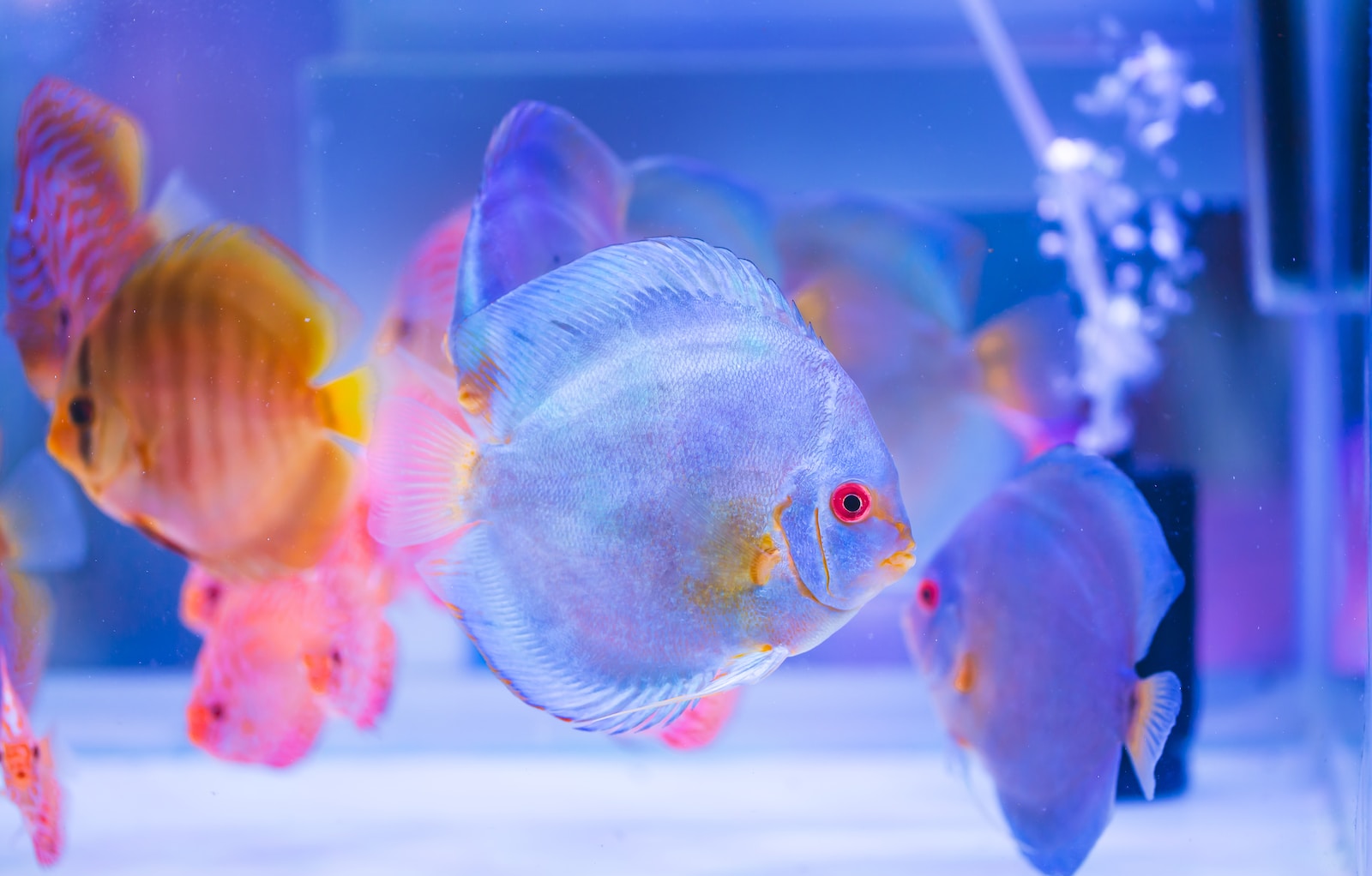


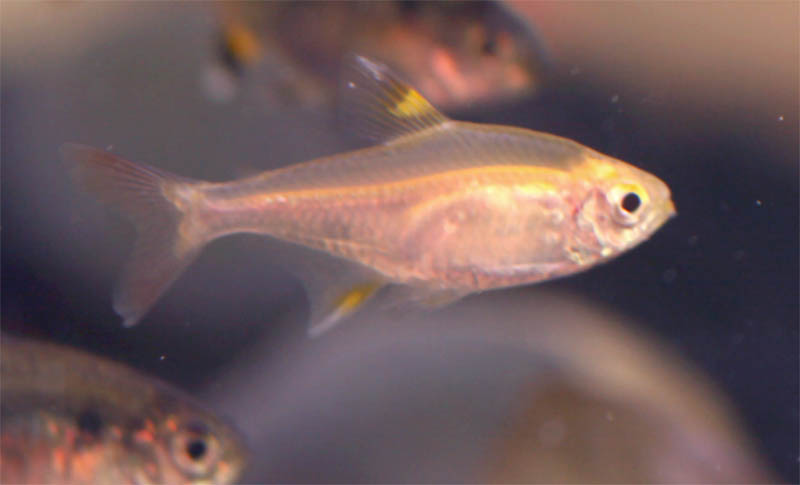
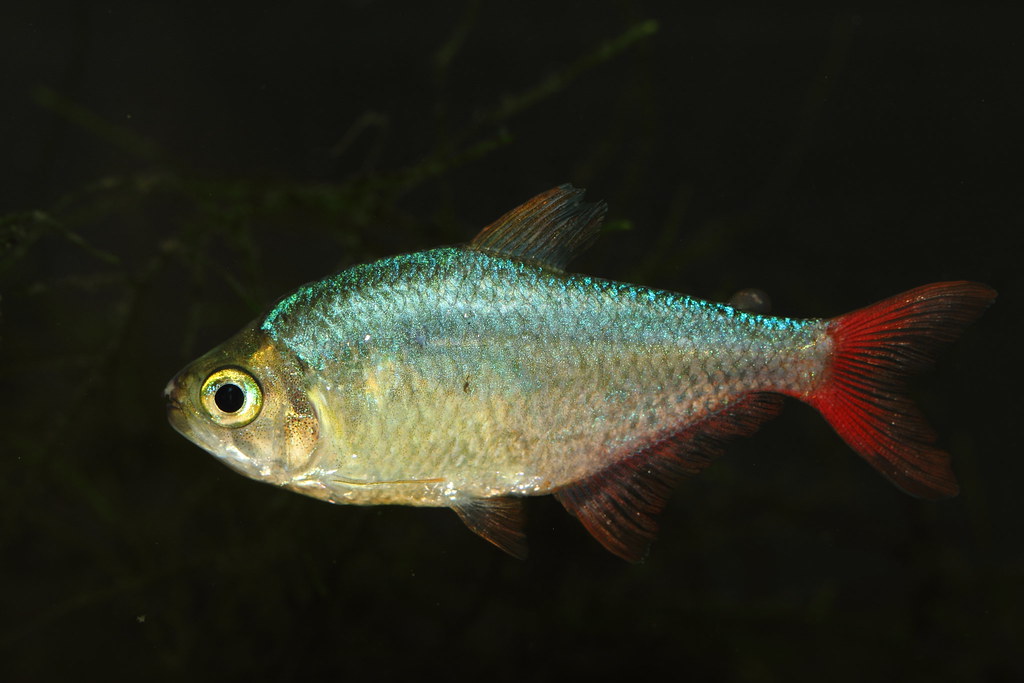
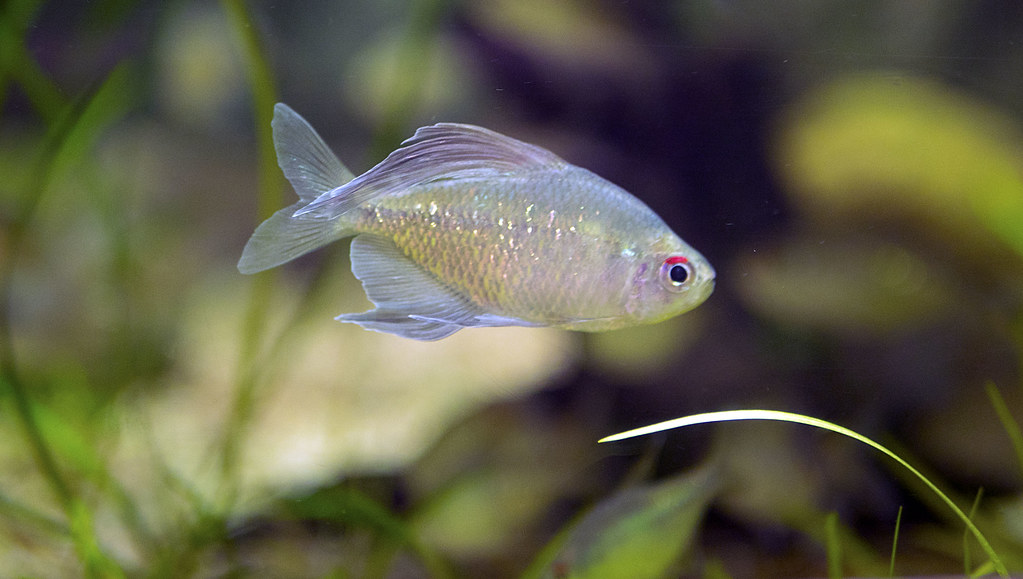
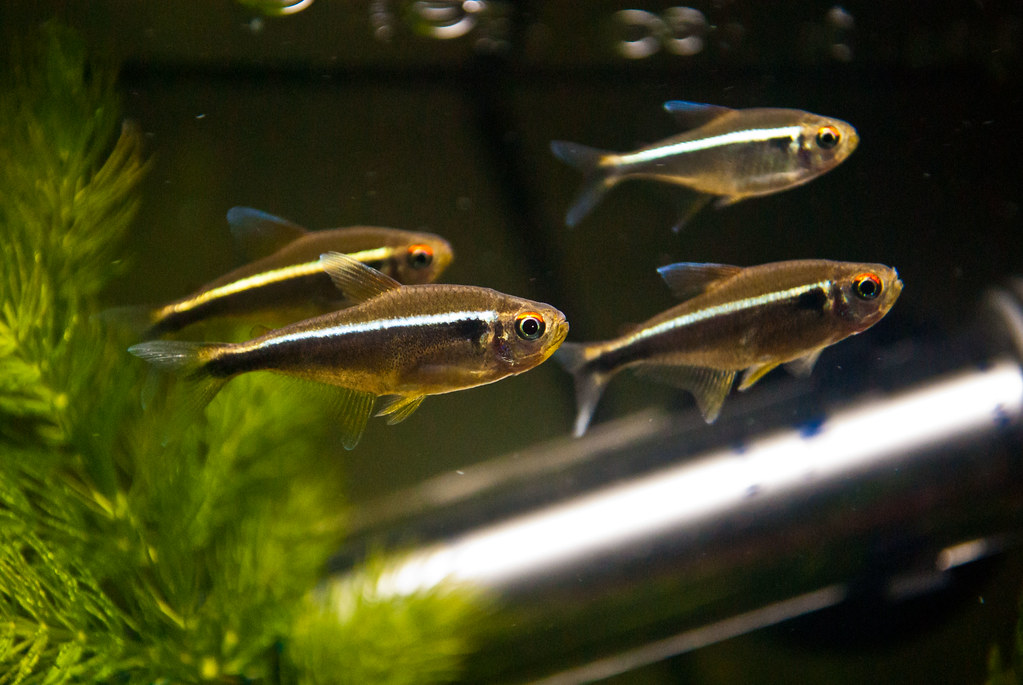
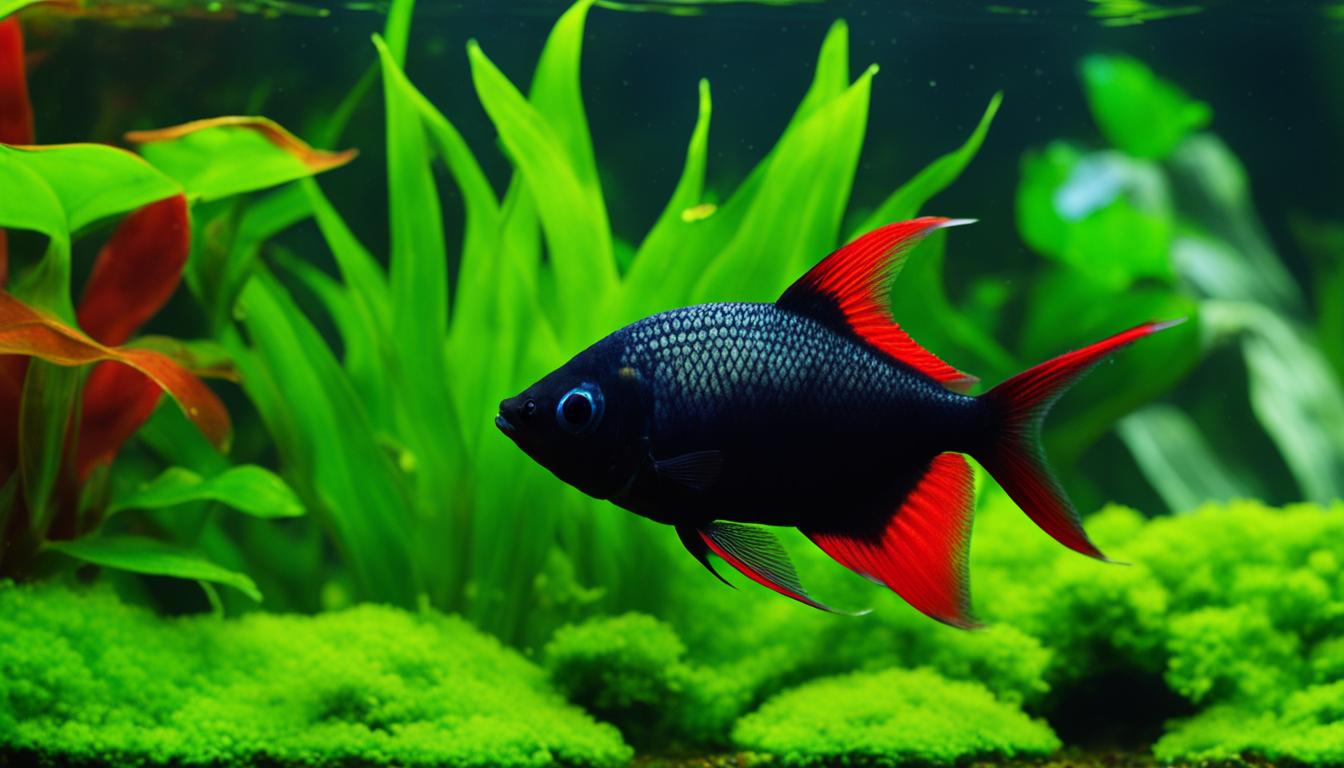

[…] Ideal pH for Discus Fish | Aquarium Water Guide […]
[…] Ideal pH for Discus Fish | Aquarium Water Guide […]
[…] Ideal pH for Discus Fish | Aquarium Water Guide […]
[…] Ideal pH for Discus Fish | Aquarium Water Guide […]
[…] Ideal pH for Discus Fish | Aquarium Water Guide […]
[…] Ideal pH for Discus Fish | Aquarium Water Guide […]
[…] Ideal pH for Discus Fish | Aquarium Water Guide […]
[…] Ideal pH for Discus Fish | Aquarium Water Guide […]
[…] Ideal pH for Discus Fish | Aquarium Water Guide […]
[…] active and playful species, it is not recommended to keep them together in the same tank. These fish have different care requirements, and clown loaches may become territorial and aggressive towards yoyo […]
[…] Caring for koi fish requires proper attention and maintenance to ensure their health and well-being. Here are some essential tips and guidelines to help you take care of your koi fish: […]
[…] Ideal pH for Discus Fish | Aquarium Water Guide […]
[…] your aquarium water regularly is key to a healthy fish environment. You should look at the bio-load and nitrate levels to decide when to change the […]
[…] signify health, prosperity, and good luck in various traditions. However, raising these beautiful fish requires a significant level of care due to their size and sensitivity to nitrates. By understanding their growth rate and the specific […]
[…] Ideal pH for Discus Fish | Aquarium Water Guide […]
[…] shrimp require soft water with low pH for optimal breeding […]